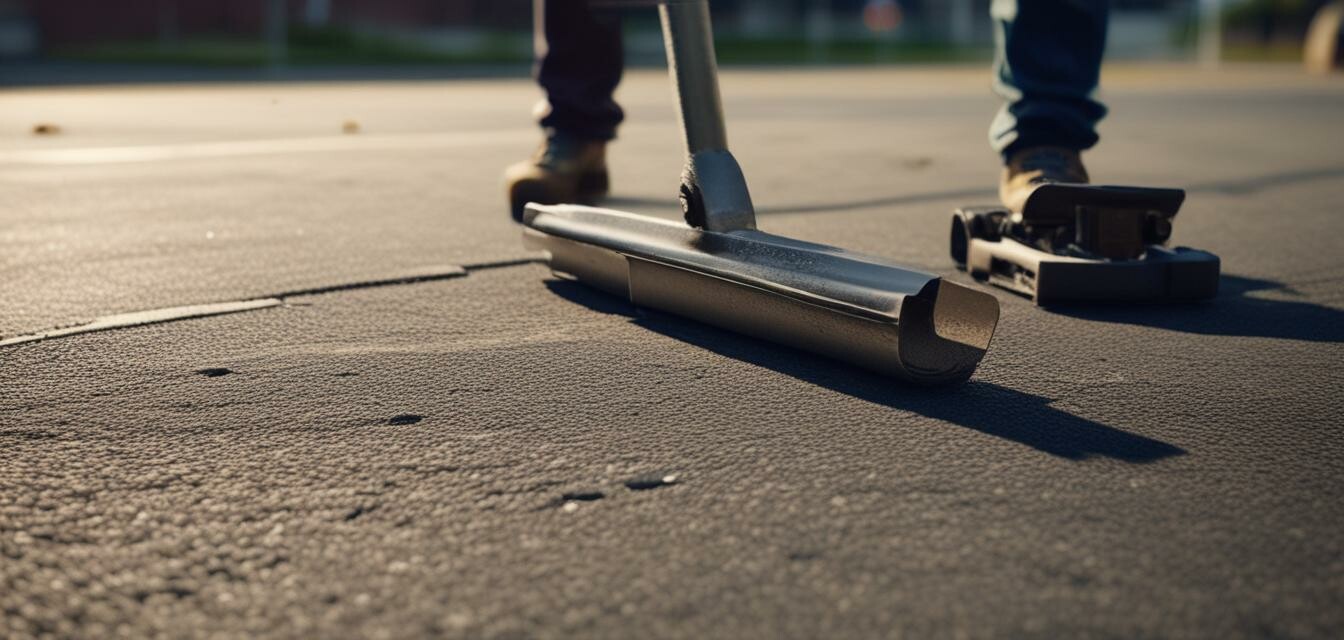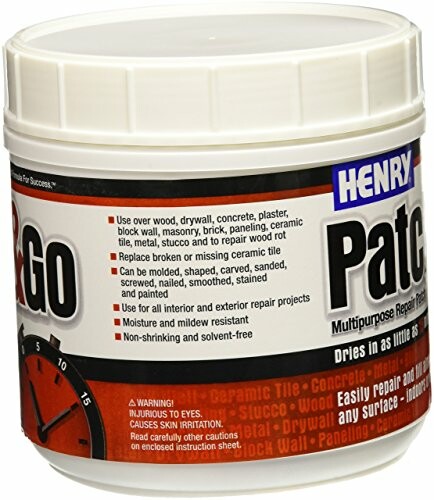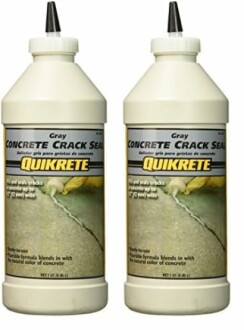
Comparing Asphalt Sealers: Which is Right for You?
Key Takeaways
- Different types of asphalt sealers serve various applications.
- Choosing the right sealer can enhance the longevity of your pavement.
- Evaluate the cost, durability, and ease of application.
- Consider specific usage requirements for residential or commercial projects.
When it comes to maintaining your asphalt surfaces, selecting the right sealer is crucial. Sealers protect your pavement from damage, extend its lifespan, and improve its appearance. In this article, we will explore various types of asphalt sealers, their benefits, costs, and the best applications to help you choose the right one for your needs.
Types of Asphalt Sealers
Asphalt sealers come in a variety of formulations, each suited for different purposes. The most common types include:
- Coal Tar Sealers
- Acrylic Sealers
- Asphalt Emulsion Sealers
- Silicone Sealers
1. Coal Tar Sealers
Coal tar sealers are one of the most popular choices for asphalt pavement. They are known for their strong protective qualities, particularly in resisting oil, fuel, and chemicals.
Pros
- High durability and resistance to chemicals.
- Creates a glossy and attractive finish.
Cons
- Emission of volatile organic compounds (VOCs).
- Not environmentally friendly.
2. Acrylic Sealers
Acrylic sealers provide a flexible barrier against moisture and UV rays. They are often preferred for their aesthetic appeal and ease of application.
Pros
- Low VOC emissions compared to coal tar sealers.
- Attractive finish options available.
Cons
- Usually more expensive than other options.
- May not be as durable in heavy traffic areas.
3. Asphalt Emulsion Sealers
These sealers use a water-based formula, making them an environmentally friendly option. They are suitable for various applications, but typically offer less durability compared to coal tar sealers.
Pros
- Good adhesion properties.
- Environmentally friendly.
Cons
- May require more frequent reapplication.
- Less effective against oil and fuel spills.
4. Silicone Sealers
Silicone sealers are often used for protecting asphalt and concrete surfaces. They provide excellent water resistance and UV protection.
Pros
- Long-lasting protection against moisture.
- Highly flexible, preventing cracking.
Cons
- More expensive than traditional sealers.
- May not bond well with certain surfaces.
Cost Comparison of Asphalt Sealers
When considering asphalt sealers, understanding the costs involved is key. Below is a table comparing the average cost per gallon for various sealers.
| Type of Sealer | Average Cost per Gallon |
|---|---|
| Coal Tar Sealer | $15 - $20 |
| Acrylic Sealer | $25 - $35 |
| Asphalt Emulsion Sealer | $10 - $15 |
| Silicone Sealer | $30 - $40 |
Choosing the Right Sealer for Your Project
Finding the right asphalt sealer for your specific project will depend on several factors such as the type of usage, weather conditions, and budget. Here are some questions to guide your decision:
- Will the area experience heavy traffic?
- Is environmental impact a concern for your project?
- What is the climate like in your area?
- Are you looking for a quick application, or is durability your primary concern?
Popular Products for Asphalt Sealing
To help you make a choice, we have reviewed a couple of popular asphalt sealers that you might find useful:
Henry Patch Go: The Ultimate Repair Patch Kit 1 lb
This product adds great value, is easy to use, and manufactured in the USA.
More DetailsQuikrete Concrete Crack Seal Natural 1 Qt (Pack of 2)
Durable and easy to use, perfect for a variety of applications.
Learn MoreFrequently Asked Questions
1. How long do asphalt sealers last?
Typically, asphalt sealers can last anywhere from 1 to 3 years, depending on traffic, weather conditions, and the type of sealer used.
2. When is the best time to apply asphalt sealer?
It is best to apply asphalt sealer during dry weather with temperatures above 50°F for at least 24 hours.
3. Can I seal my asphalt driveway myself?
Yes, with the right tools and products, many homeowners can successfully seal their driveways themselves.
Tips for Applying Asphalt Sealers
- Ensure the surface is clean and dry before application.
- Use a squeegee or sprayer for an even coat.
- Follow the manufacturer's instructions carefully.
- Wear proper safety gear during application.
Conclusion
Choosing the right asphalt sealer is essential for the longevity and appearance of your pavement. By understanding the different types of sealers available and their specific benefits and drawbacks, you can make an informed decision that will serve your paving project well.
For more information on paving tools and safety gear, check out our paving tools resources and safety gear articles.



